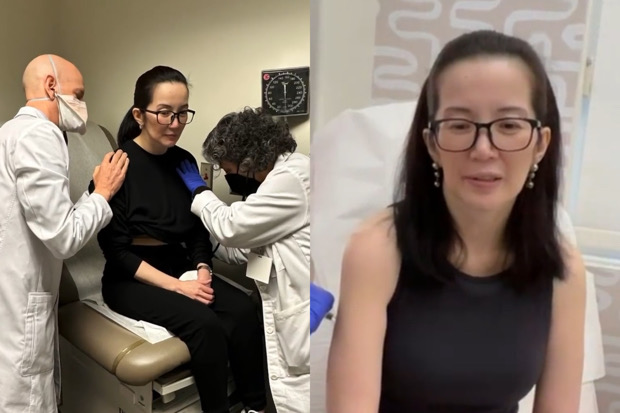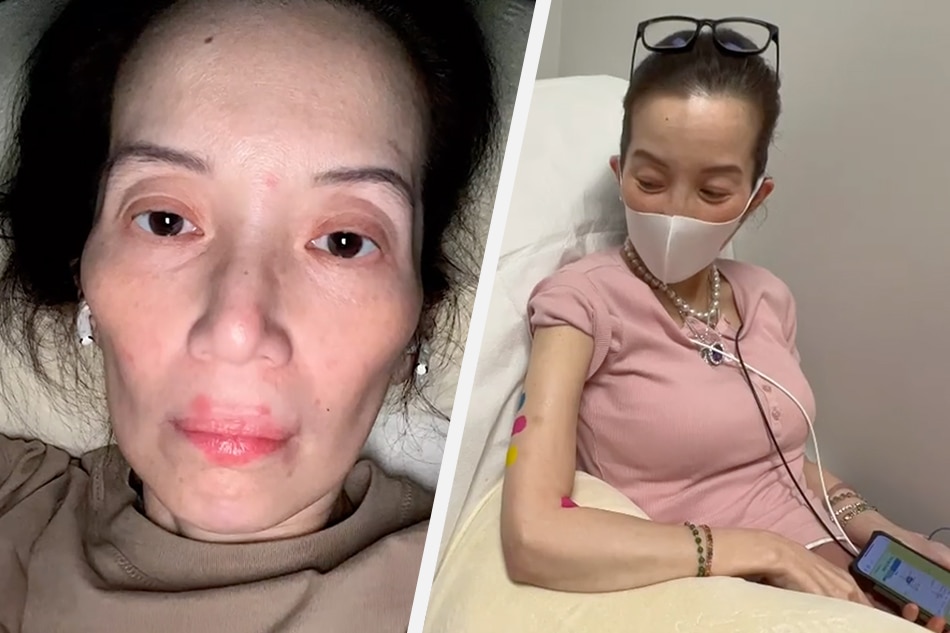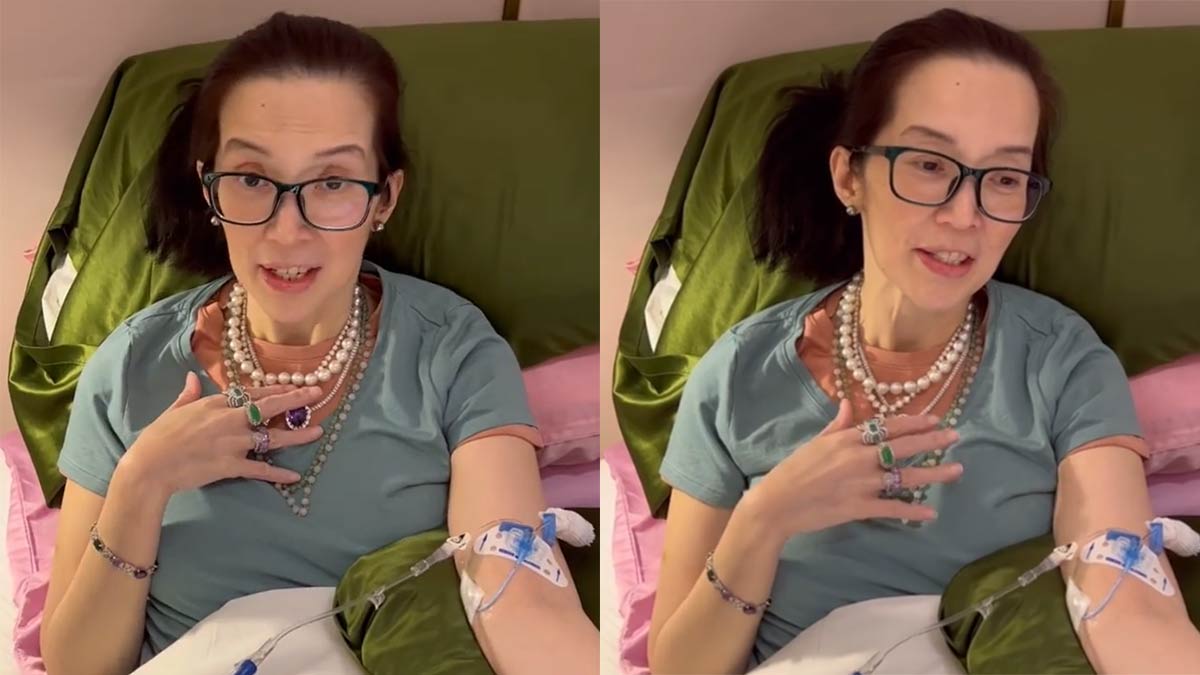Autoimmune Illnesses: Why More Celebrities Are Speaking Up

In recent years, a growing number of celebrities—both local and international—have started opening up about a personal struggle that, for decades, remained hidden behind the glitz and glamour: autoimmune diseases.
From Kris Aquino’s ongoing battle with Churg-Strauss Syndrome, Selena Gomez’s public fight with Lupus, to Gigi Hadid’s journey with Hashimoto’s Thyroiditis, the conversation around autoimmune conditions is finally coming into the spotlight. And it’s doing more than just generating sympathy—it’s saving lives, raising awareness, and encouraging millions to seek proper diagnosis and support.
What Are Autoimmune Diseases?
Autoimmune diseases occur when the body’s immune system mistakenly attacks healthy tissues, believing them to be foreign invaders. This malfunction can affect virtually any part of the body—joints, skin, organs, and even blood cells.
There are over 80 types of autoimmune disorders, including:
Lupus
Rheumatoid Arthritis
Multiple Sclerosis (MS)
Type 1 Diabetes
Hashimoto’s Thyroiditis
Churg-Strauss Syndrome (EGPA)
Psoriasis
Celiac Disease
Many of these illnesses are invisible, meaning symptoms aren’t always seen outwardly, making them difficult to diagnose and often misunderstood.
Why Are Celebrities Speaking Up Now?
In the past, chronic illness—especially ones involving fatigue, pain, or disability—was something celebrities avoided discussing publicly. It was seen as a “liability” in a career built on strength, beauty, and energy.
But today, the narrative is shifting. More public figures are using their platforms to speak out, and it’s making a difference.

1. To End the Stigma
Kris Aquino’s honesty about her autoimmune battle helped reshape the perception of illness in the Philippines. By showing her vulnerability—both physically and emotionally—she encouraged others to seek help without shame.
Selena Gomez famously revealed her battle with Lupus and her need for a kidney transplant, helping shed light on how serious these conditions can become. Her story helped humanize the disease and brought the word “Lupus” into the mainstream.
“I want people to know that you don’t have to look sick to be sick,” Selena said in a 2020 interview.
2. To Educate and Inform
Many autoimmune conditions go undiagnosed for years. Celebrities who speak out bring awareness to early warning signs—like chronic fatigue, joint pain, skin rashes, or sudden weight changes—that can prompt people to get tested earlier.
In Gigi Hadid’s case, her public explanation of why her weight fluctuates due to Hashimoto’s Thyroiditis helped her fans understand a disease that many live with in silence.
“I have Hashimoto’s disease. I’ve been medicated for years and have a proper medical management plan,” she said in response to online body shaming.
The Challenges of Living with Autoimmune Illnesses
Celebrities, despite having access to the best medical care, face the same struggles as regular patients:
Flare-ups that are unpredictable and painful
Side effects from medications like steroids or immunosuppressants
Mental health struggles due to isolation, fatigue, and public judgment
Misinformation or false assumptions about their condition
Kris Aquino has spoken repeatedly about the emotional toll of her illness, sharing how she often feels alone, weak, and vulnerable—but continues to fight for her children and her faith.
“I am not giving up. I am not giving in. I still believe in healing, no matter how long it takes,” Kris once said.
Social Media: A Double-Edged Sword
While social media provides a platform for advocacy, it also exposes celebrities to cruel judgment, misinformation, and even medical “advice” from unqualified individuals.
In many cases, celebrities sharing their diagnosis opens the door to:
Body shaming (“You look too thin/fat to be sick”)
Accusations of faking their condition
Pressure to maintain public appearances even during health setbacks
But despite this, many continue to speak up—for themselves and for the millions who cannot.
The Ripple Effect: Encouraging Early Diagnosis
When someone with a massive following shares their story, people listen. In fact, after Selena Gomez’s announcement, global Google searches for “Lupus” increased by over 150% within a week. Medical forums reported spikes in questions from people wondering if their symptoms could be autoimmune-related.
Even in the Philippines, after Kris Aquino revealed her diagnosis, autoimmune support groups reported higher engagement and more inquiries—a positive step toward understanding these complex conditions.
Support, Not Sympathy
Celebrities don’t speak out to get pity. They do it to normalize living with chronic illness. They show the world that having an autoimmune condition doesn’t make you weak—it makes you a fighter.
People like Kris Aquino, Selena Gomez, Gigi Hadid, and even Lady Gaga (who battles Fibromyalgia, another chronic condition) are helping the world understand that strength comes in many forms—not just in physical appearance, but in perseverance, advocacy, and compassion.

How You Can Help
Listen without judgment when someone talks about invisible illness.
Avoid making assumptions based on how someone looks.
Educate yourself about common autoimmune conditions.
Support organizations and online communities that advocate for chronic illness awareness.
Conclusion: Courage Is Contagious
In a world obsessed with perfection, it takes great courage for celebrities to say, “I’m not okay.” That courage is contagious.
As more public figures shine light on autoimmune conditions, they’re paving the way for better awareness, faster diagnoses, more funding for research, and most importantly—a kinder, more informed society.
So the next time you see someone post about their autoimmune battle, remember: it’s not oversharing. It’s survival. It’s education. It’s bravery.
And thanks to them, millions are learning they’re not alone.







